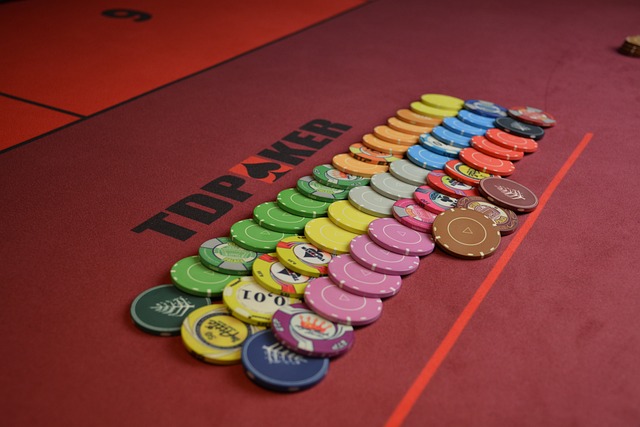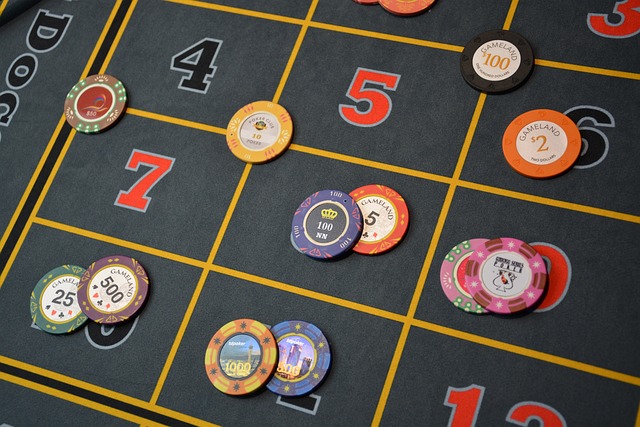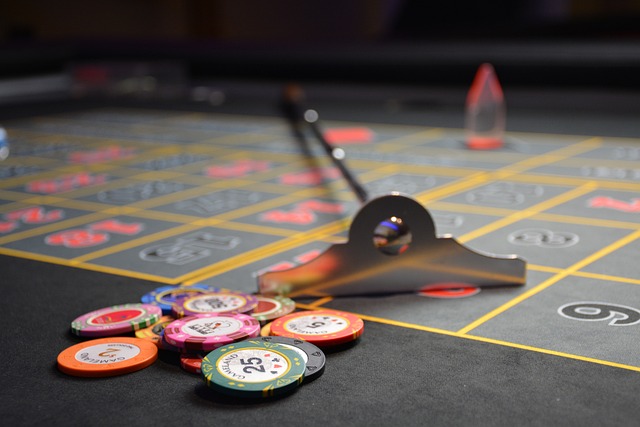Let’s immerse ourselves in a universe where mathematics flirts with destiny, transforming random bets into precisely calculated predictions. This revolution has transformed the 20Bet login into a sort of laboratory, both real and unconscious, of predictive analysis where each bet can be influenced by a multitude of mathematical variables.
The roots of probability calculus
Let’s go back to 1654, a time when Blaise Pascal and Pierre de Fermat wrote a series of letters that laid the foundations for the theory of probability. This exchange not only solved a gaming problem, but ushered in a new discipline that would have a lasting impact on the world of betting and beyond. Imagine two brilliant minds, a correspondence that challenged the boundaries of knowledge, laying the foundation for what would become a pillar of rational decision-making.
Edward O. Thorp and the blackjack revolution

Fast forward to 1962, when Edward O. Thorp published “Beat the Dealer,” showing the world how blackjack could be tamed through the science of numbers. Thorp, armed with precise calculations, revealed that knowledge and analysis could turn the tide in favor of the players. His work transformed not only the way we approached blackjack but also inspired countless others to look for mathematical models in environments of uncertainty.
The advent of predictive algorithms
Today we live in an era where algorithms can analyze vast historical data sets, evaluate the performances of teams and athletes, and even predict the outcomes of sporting events with an accuracy that borders on the unbelievable. These advanced systems manage bets in real time and simulate thousands of possible scenarios, blurring the lines between chance and quasi-scientific certainty. These technologies enrich the user experience on platforms like 20Bet, transforming every event into an opportunity to apply sophisticated mathematical principles.
Beyond the numbers: psychology in betting

The results, predicted by algorithms, are not the only aspect that captures the essence of betting. Deeply rooted in the fabric of gambling, the psychology of bettors plays a decisive role. The choice to follow or not the recommendations of an algorithm is often based on a complex mixture of personal factors: the player’s risk profile, his previous experiences, his intuitive perception of the game. Numerous studies have highlighted that, despite highly accurate predictions, many prefer to rely on their instincts, demonstrating that the human element plays a critical role in the delicate balance between rationality and sentiment.
Future prospects: the advent of artificial intelligence in betting
Looking to the future, artificial intelligence looms on the horizon as a force destined to revolutionize the betting landscape, not only refining the accuracy of predictions, but also deeply personalizing each user’s experience. The most sophisticated algorithms don’t just process game statistics; they now also interpret individual preferences, modeling betting proposals that significantly enhance user interaction and satisfaction. This era of “smart” betting could completely rewrite the relationship between bettors and platforms, transforming every bet into a bespoke, intensely personal adventure.
This mathematical revolution transforms every click into a living equation, every sporting event into a calculation, elevating gambling to a new dimension where science and chance are inextricably intertwined. Algorithms and chance, now more than ever, dance together in a ballet of numbers and luck, designing a future in which risk is as calculated as it is exciting.
